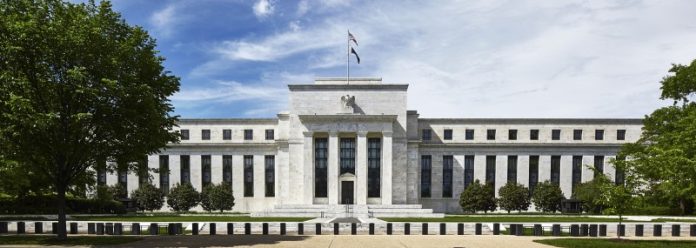Market downturns and financial crises generally have negative effects on most people. However, if we consider the potential outcomes if the Federal Reserve’s policies adversely affect the middle class, we might gain some insights for better decision-making.
Firstly, it’s evident that the Federal Reserve’s priorities may not align with supporting the middle class. The Federal Reserve Governors, being financially secure themselves, might view economic downturns more as statistical than human crises. Despite warnings about the risks of raising the Fed Funds rate to over 5%, the Fed increased it by 0.25% on May 3, 2023, reaching 5% – 5.25%.
This situation is not new. The last time the Fed Funds rate reached this level was in 2007, right before the 2008 financial crisis. That crisis significantly impacted many, including a personal loss of about 35% of my net worth. However, it also led to the creation of Financial Samurai in July 2009.
In light of a potential deep recession, let’s explore the possible silver linings of such a financial landscape.
Potential Benefits of a Financial Crisis on the Middle Class
- Reduced Emphasis on Prestige and Status
Financial hardships can shift focus from the pursuit of status to essential survival needs. This shift can lead to a healthier perspective on what truly matters in life.
2. Improvement in the Student Loan Situation
Economic challenges could force a reevaluation of education costs, leading to more prudent choices in higher education and potentially more financial aid opportunities.
3. Development of Frugal and Financially Sound Habits
Financial constraints often lead to more prudent spending and saving habits, which can have long-lasting benefits.
3. Environmental and Cultural Benefits
Economic downturns could lead to reduced car usage, easing pollution and traffic, potentially making air travel more affordable and fostering a greater understanding of different cultures.
4. Opportunity for a Fresh Start
Job losses can be a catalyst for exploring new career paths and pursuing passions that might have been sidelined.
5. Educational and Familial Advantages
Economic downturns might result in less crowded schools and more opportunities for homeschooling or spending quality time with children.
6. Strengthening of Relationships
Hard times often bring people closer together, improving social connections and overall happiness.
7. Health Benefits
Reduced work stress and a slower pace of life can lead to improved physical and mental health.
8. Political Change
Economic crises often lead to political shifts, potentially bringing new ideas and solutions to the forefront.
9. Lower Borrowing Costs
Economic hardships typically result in lower interest rates, which can benefit middle-class borrowers.
10. Decrease in Inflation
Tough economic times can lead to a reduction in inflation, aligning more with the Federal Reserve’s objectives.
11. Increased Opportunities for Passive Income and Early Retirement
Higher interest rates can lead to improved returns on savings, providing opportunities for earlier retirement or reduced financial stress.
Being slightly above the middle class, or part of the ‘mass affluent’ demographic, can provide a cushion during economic downturns. This status allows for better weathering of financial storms and taking advantage of opportunities that arise.
While these potential benefits don’t negate the challenges of a struggling economy, they offer a perspective on how adverse situations can also lead to positive changes and opportunities.


